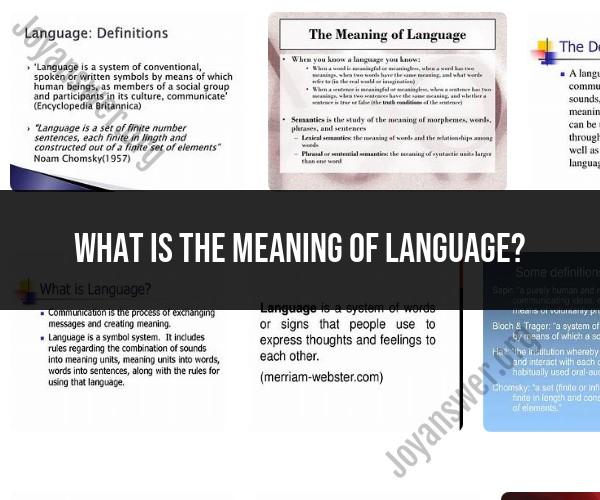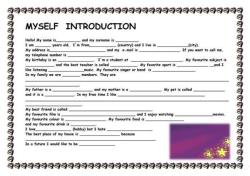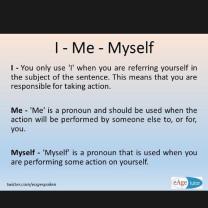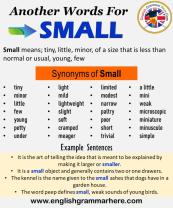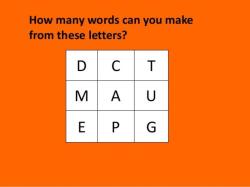What is the meaning of language?
The meaning of language is a complex and multifaceted concept that can be examined from various perspectives, including linguistic, philosophical, and cognitive viewpoints. Here, we'll focus on the linguistic perspective of the meaning of language.
In linguistics, the meaning of language refers to how language conveys and represents information, ideas, concepts, and emotions. It encompasses several key components:
Lexical Semantics: Lexical semantics deals with the meanings of individual words, also known as lexemes. Words have inherent meanings, and lexical semantics explores how words represent concepts and objects in the world. For example, the word "dog" represents the concept of a domesticated canine.
Syntax and Sentence Semantics: Syntax refers to the structure of sentences and how words are combined to form meaningful expressions. Sentence semantics examines how the arrangement of words in a sentence influences the meaning of the entire sentence. Syntax and semantics work together to determine how words combine to convey complex ideas.
Pragmatics: Pragmatics is the study of how language is used in context and how speakers convey meaning beyond the literal interpretation of words. It includes aspects like implicature, presupposition, speech acts, and conversational implicature. Pragmatics helps us understand how people use language effectively in real-life situations.
Meaning Relations: Meaning relations involve how words are related to each other in terms of meaning. This includes synonyms (words with similar meanings), antonyms (words with opposite meanings), hyponyms (words that are more specific than others), and hypernyms (words that are more general than others).
Sense vs. Reference: The distinction between sense and reference is important in understanding word meanings. Sense refers to the mental concept or idea associated with a word, while reference is the real-world entity or object to which a word refers. For instance, the words "morning star" and "evening star" have the same reference (Venus) but different senses.
Polysemy and Homonymy: Words can have multiple meanings, which may be related or unrelated. Polysemy refers to the phenomenon where a single word has multiple related meanings (e.g., "bank" can refer to a financial institution or the side of a river). Homonymy occurs when two or more words have the same form (spelling or pronunciation) but unrelated meanings (e.g., "bat" as in a flying mammal and "bat" as in a sports equipment).
Metaphor and Metonymy: Metaphor involves using one word or concept to understand or describe another concept (e.g., "time is money"). Metonymy, on the other hand, involves using one word to represent something closely related to it (e.g., using "the White House" to refer to the U.S. government).
Ambiguity: Ambiguity occurs when a word, phrase, or sentence has more than one possible interpretation. It can be lexical ambiguity (multiple meanings of a word), structural ambiguity (different parses of a sentence), or semantic ambiguity (multiple interpretations due to context).
In summary, the meaning of language in linguistics is a rich and nuanced field that explores how words, sentences, and language as a whole convey meaning and represent the world around us. It involves examining the interplay between words, syntax, pragmatics, and context to understand how language serves as a vehicle for communication and the expression of thoughts and ideas.
The Essence of Language: Defining Its Meaning
Language is a complex system of communication that is used by humans to express themselves and to interact with others. It is made up of a set of rules and conventions that govern how words are used to form sentences and to convey meaning.
There is no single definition of language that is universally accepted, but it is generally understood to be a system of arbitrary symbols that are used to represent objects, ideas, and concepts. Language is also a social construct, meaning that it is created and used by people in order to communicate with each other.
Language's Profound Significance: A Closer Look
Language is essential to human society. It allows us to communicate with each other, to share our thoughts and ideas, and to build relationships. It also allows us to learn and grow, and to participate in the world around us.
Language is also significant because it shapes our understanding of the world. The words we use to describe the world around us can influence our thoughts and feelings about it. For example, the way we talk about war and poverty can affect how we view these issues and how we respond to them.
Philosophical Perspectives on Language and Meaning
Philosophers have been debating the nature of language and meaning for centuries. Some philosophers believe that the meaning of a word is determined by its relationship to the object or concept it represents. Others believe that the meaning of a word is determined by how it is used in a particular context.
Still other philosophers believe that the meaning of a word is determined by our own personal experiences and associations. For example, the word "love" may have a different meaning to everyone who hears it.
These different philosophical perspectives on language and meaning reflect the complexity of language itself. Language is not simply a system of symbols that we use to communicate with each other. It is also a way of shaping our understanding of the world and our place in it.
Conclusion
Language is a complex and fascinating system of communication that is essential to human life. It allows us to connect with others, to share our thoughts and ideas, and to build relationships. It also allows us to learn and grow, and to participate in the world around us.
Language is also significant because it shapes our understanding of the world. The words we use to describe the world around us can influence our thoughts and feelings about it. For example, the way we talk about war and poverty can affect how we view these issues and how we respond to them.
Philosophers have been debating the nature of language and meaning for centuries. There is no single definition of language that is universally accepted, and there are many different philosophical perspectives on the nature of meaning.
Despite its complexity, language is a powerful tool that allows us to connect with each other and to shape our understanding of the world.
